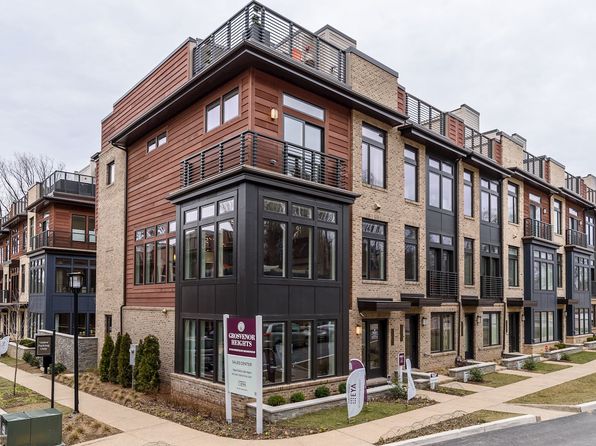The belief that a new home is flawless, simply because it is new, is an unfortunate piece of popular mythology. Since when is a brand new product exempt from possible defects? I often hear of brand new cars recalled by Detroit; experienced sailors can tell you of brand new boats that have leaked; and even brand new parachutes have been known to fail when the ripcord was pulled. As for new homes, anyone who has worked in building construction knows that contractors and trades people, as typical members of the human family, are prone to occasional, or not-so-occasional, errors and oversights.
New Homes Need Home Inspections Too!
Inspectors polled from across the US on new home defects unanimously agree that most, if not all, new homes are not totally free of defects. None have ever discovered a perfect specimen, regardless of the quality of construction or the integrity of the builder.
Even when the builder warrants the work for one full year, such guaranties are of no benefit unless inherent defects are discovered. Unfortunately, many types of building problems and safety violations do not become apparent for many years. A faulty wiring condition might not be revealed until it damages your computer or causes a fire. Other defects might only be discovered when you finally resell the property, and the buyer decides to hire a home inspector.
The list of faulty conditions that have been found in new homes is extensive and includes such items as, defective roof installation, improper fireplace construction, errors in electrical wiring, excessive water pressure, fire safety violations, unsafe venting of heater exhaust, leaking drains, faulty site drainage, hot water piping connected to the toilet (can you imagine a steaming bowl?), etc, etc. In one infamous case, a new home was built and approved on a concrete slab without a perimeter foundation. Obviously, we’re not likely to find a major list like this in any particular new home, but every new structure contains a few undisclosed defects, sometimes minor, sometimes not. New homes are often presumed to be exempt from human error, and consequently many close escrow without the benefit of a final examination. For buyers preparing to make such a large investment, assumptions about quality of workmanship can be financially fatal.
Your best advice is to take nothing for granted. The cost of an inspection is incidental when compared to the price of a new home. A qualified home inspector will most assuredly find items that need repair. Better to discover them now than after the close of escrow.

